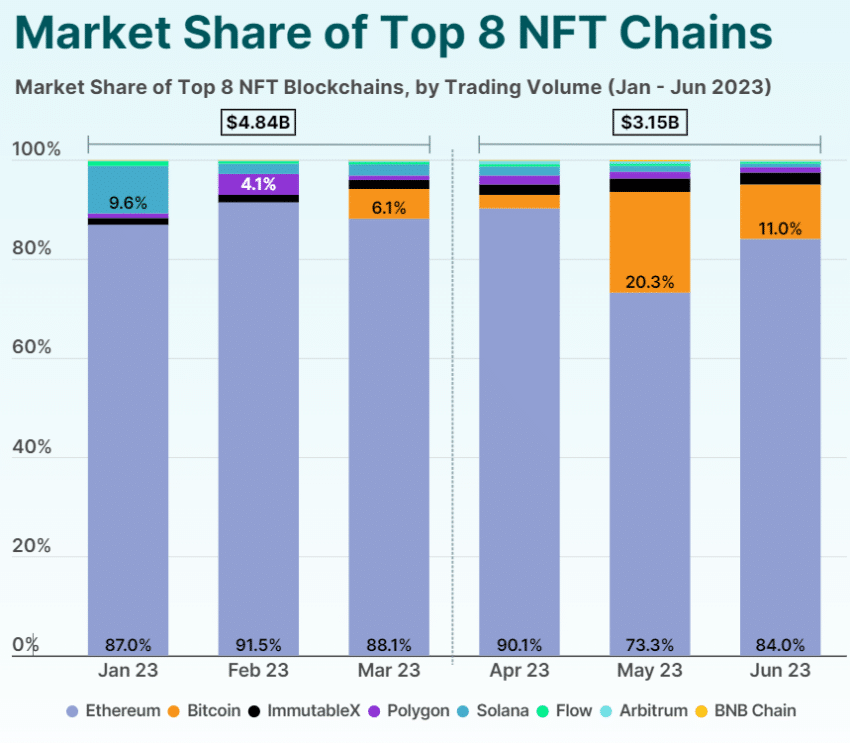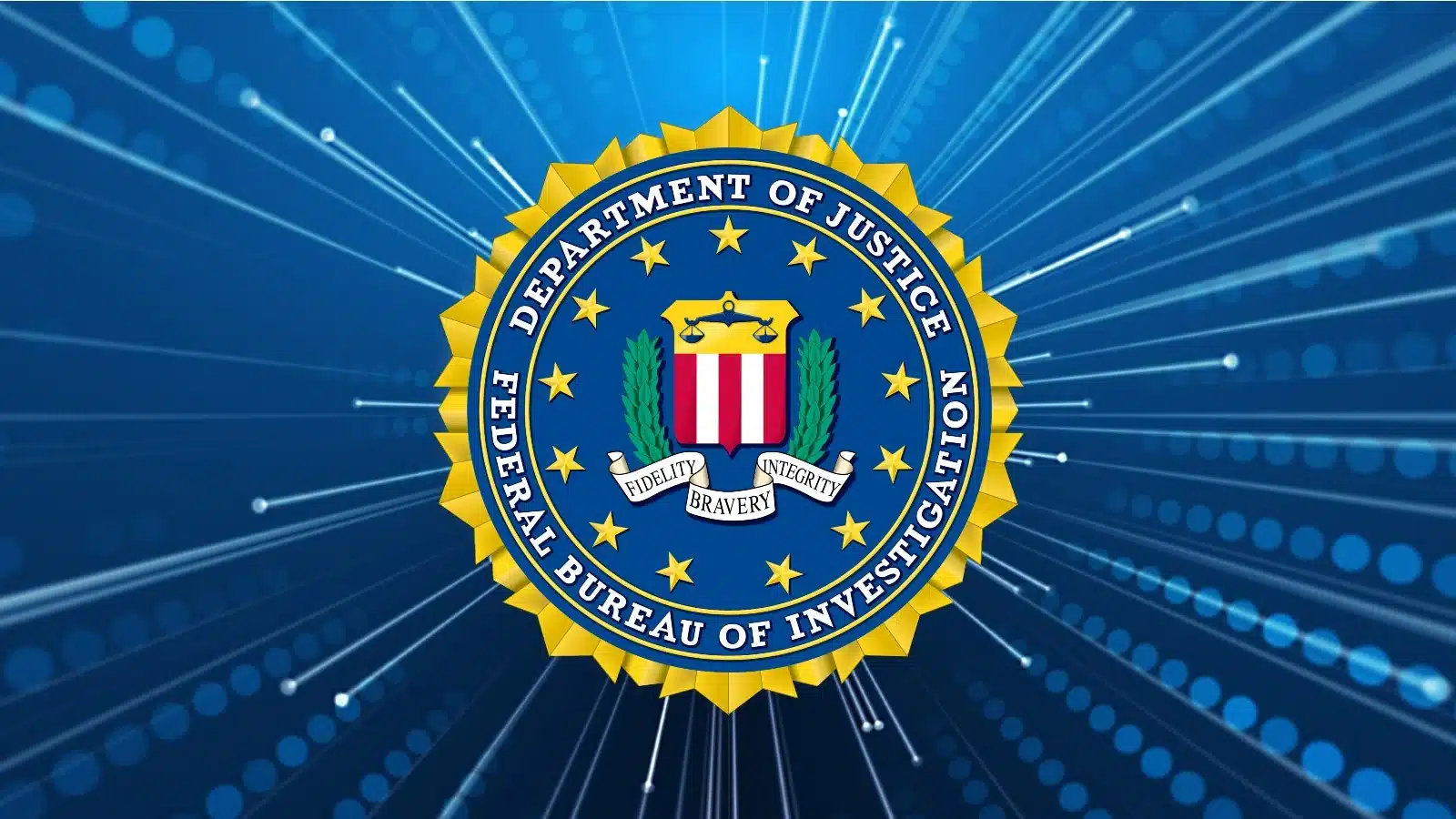The Federal Bureau of Investigation has issued an urgent warning regarding a growing scam involving individuals posing as developers of non-fungible tokens (NFTs).
A scheme has surfaced in digital collectibles, where individuals with ill intentions take advantage of the marketplace and users’ vulnerabilities, presenting a growing menace to the integrity of the NFT industry, which is already facing challenges.
NFT Frauds Remain a Profitable Attack Vector
Scammers can be found masquerading as reputable NFT developers by illicitly gaining access to their social media accounts or creating deceptive replicas. A clever strategy is employed to incite a feeling of immediacy within unaware enthusiasts as unexpected minting prospects of scarce availability are unveiled.
Within the realm of deception, these seemingly magnanimous propositions reveal their true nature; the interconnected platforms provided are nothing more than clever imitations, cunningly guiding unsuspecting individuals towards unwittingly depleting their digital currency reserves through a maliciously crafted intelligent agreement. The acquired contents are dispersed across a network of cryptographic mixers and exchanges, obscuring their unauthorized beginnings.
“Regrettably, an increase in criminal sophistication has been observed, with the exploitation of growing NFT fascination to target unsuspecting enthusiasts,” cautions a spokesperson from the Federal Bureau of Investigation (FBI). The discourse persevered:
The community is kindly reminded to maintain a state of vigilance, promptly notify us of any dubious activities, and bear in mind the timeless wisdom: when something appears excessively promising, it is likely illusory.
In non-fungible token (NFT) transactions, Ethereum stands tall, commanding a substantial portion of the market with an impressive 84% share as of June 2023. In light of a modest decline in Ethereum’s market influence, NFT marketplaces continue to serve as a profitable arena for individuals engaging in fraudulent activities.

Top NFT Chain Market Share Values. Source: CoinGecko
In the ever-evolving world of non-fungible tokens (NFTs), Bitcoin has emerged as a prominent player, showcasing an impressive surge in its influence. The present market share it holds stands at 11%. Bitcoin Ordinals represent a groundbreaking utilization of textual content and various forms of media embedded within the immutable Bitcoin blockchain. Their increasing popularity has partly influenced the surge in NFT sales figures.
Maintain Awareness and Constant Vigilance
Nonetheless, the exponential surge in NFT prominence unveils an obscure facet. The inherent anonymity of blockchain technology, coupled with the palpable sense of urgency accompanying NFT releases, has inadvertently cultivated a fertile breeding ground for fraudulent activities.
The FBI emphasizes to NFT enthusiasts the value of carefully examining wallet connection requests, verifying the legitimacy of associated social media accounts, and conducting thorough research on minting opportunities. The optimal safeguard against such fraudulent schemes entails a collective of well-informed, watchful participants who maintain a sense of prudence when confronted with excessively enticing propositions.
The Bureau’s recent call for individuals to report instances of fraudulent activities highlights its dedication to upholding the integrity of the NFT market sector. The realm of non-fungible tokens (NFTs) has witnessed undulating acclaim throughout recent years. Collaborative efforts between law enforcement and the community are paramount in countering cyber threats.
The sustenance lies within unwavering watchfulness and rigorous safeguarding protocols in the future-proof digital art market. The collaborative dedication of various stakeholders, including developers, artists, investors, and law enforcement, is essential in eradicating fraudulent activities.









































































































































